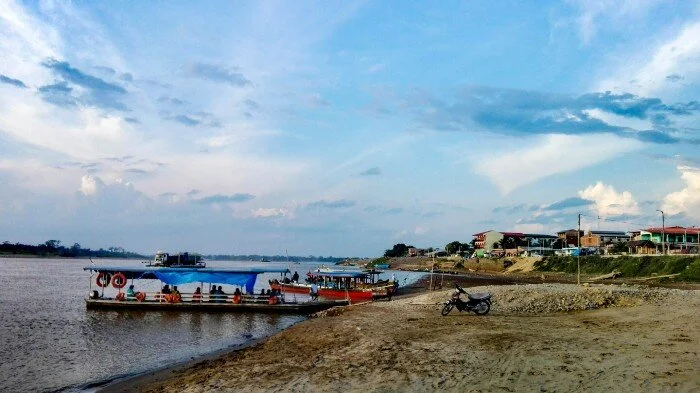With Luis Arce winning the October 18, 2020 Presidential election in Bolivia, this commentary by Viviana Herrera Vargas in Medium is of particular interest. Luis Arce was the Evo Morales’s Economy and Finance minister for almost 12 years. Unfortunately, the economic success of Evo Morales’ administration was at the expense of indigeneous rights and ecosystems, especially in the lowlands and the Amazon. In Ms. Vargas’ commentary she quotes Carlos Arze of Cedla (a Bolivian research institute): “The problem with the MAS economic miracle is how it was achieved: by deepening extractivism and increasing dependency on transnational capital”.
Ms. Vargas notes that “territories in the Amazonian lowlands were opened up to road infrastructure, mining, gas exploration, agro-industrial, and energy infrastructure projects, and the arrival of a myriad of actors: from highland colonizers to transnational capital, including Chinese.” She also notes that “Five of the thirty-five hydroelectric dams envisioned in this energy plan were located in protected areas and the Amazon.”
Of particular concern is that there was “no free, prior, and informed consultation on these projects as required by Bolivia’s Constitution and the International Labor Organization’s Convention 169 on Indigenous people, which Bolivia has ratified.”
In response, multiple organizations have been formed. “At the national level, the Coordinator for the Defense of Indigenous, Native, Peasant Territories, and Protected Areas (Contiocap) has become one of the major organizations against the construction of megaprojects. Made up mostly of women (95%), this organization brings together more than 30 local resistance groups opposing a myriad of projects, including mega hydroelectric dams in the Amazon.”
The impact of these megaprojects in Madidi National Park and and Pilon Lajas is specifically discussed in this commentary:
“In November 2016, in the Amazonian north of La Paz, Indigenous peoples led a blockade against the Italian firm Geodata as it attempted to conduct a feasibility study ahead of the El Chepete-Bala dam project. After kicking out the company, the communities declared themselves in permanent alert and demanded that their right to free, prior, and informed consultation was respected. Ruth Alipaz and Alex Villca, both indigenous Uchupiamona from the communities of the rivers Beni, Quiquibey, and Tiuchi are the General Coordinator and spokesperson respectively of Contiocap. They denounce El Bala-Chepete hydroelectric megaprojects for their devastating effects on the territory which encompasses two National Parks (Madidi and Pilón Lajas); including, the displacement of more than 17 Indigenous communities; destruction of biodiversity, archeological sites, and Indigenous-led ecotourism initiatives; and the disappearance of indigenous peoples in voluntary isolation. Over the years, Villca and Alipaz described diverse tactics used by MAS officials to fracture their organizations: from slandering them; questioning their indigenous identity for having university degrees and being ecotourism entrepreneurs; co-opting their organization by creating parallel ones aligned with the government; to promising infrastructure projects in exchange for support for the projects. Ruth has spoken at numerous international forums, including the UN Permanent Forum on Indigenous Issues, to bring attention to these violations, and to demand that the Morales’s government respected the rights of Indigenous peoples to free, prior, and informed consultation.”

